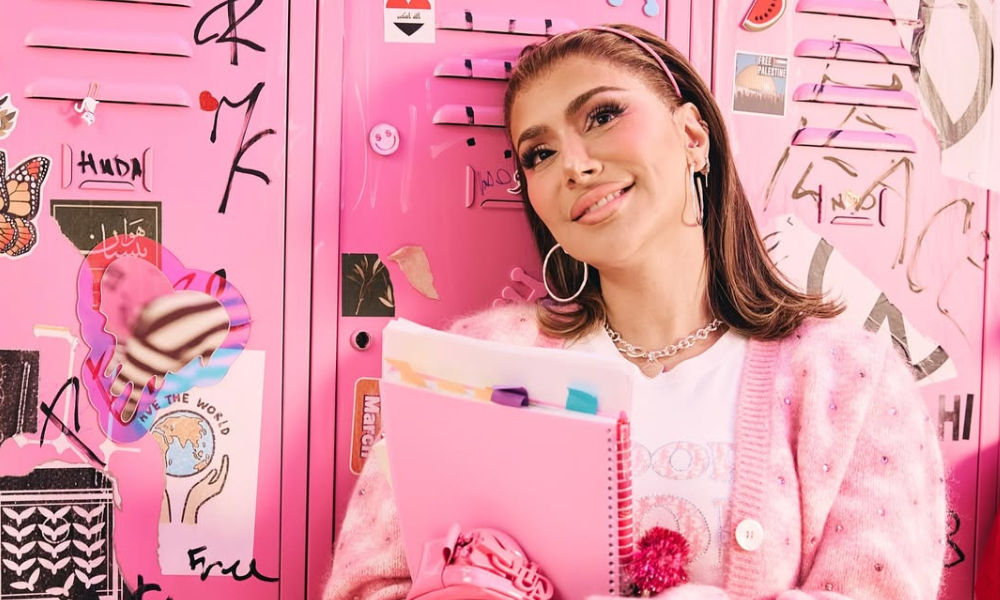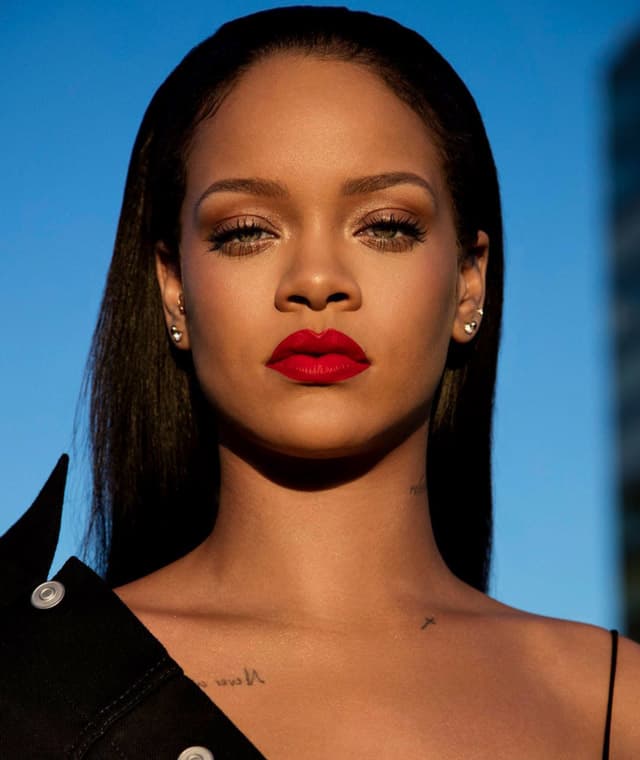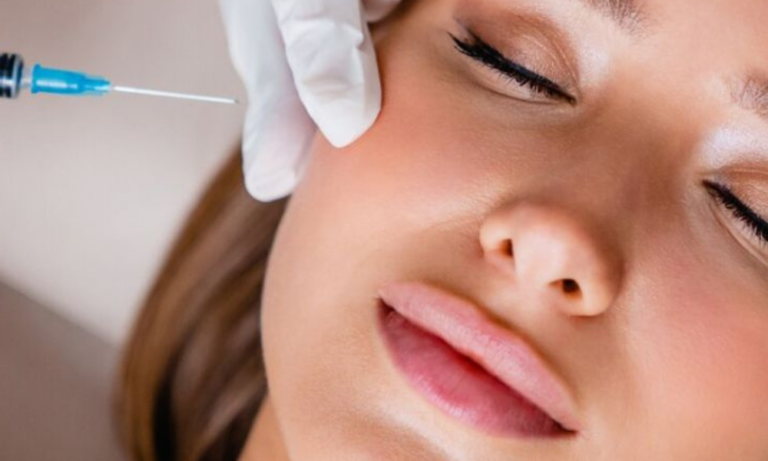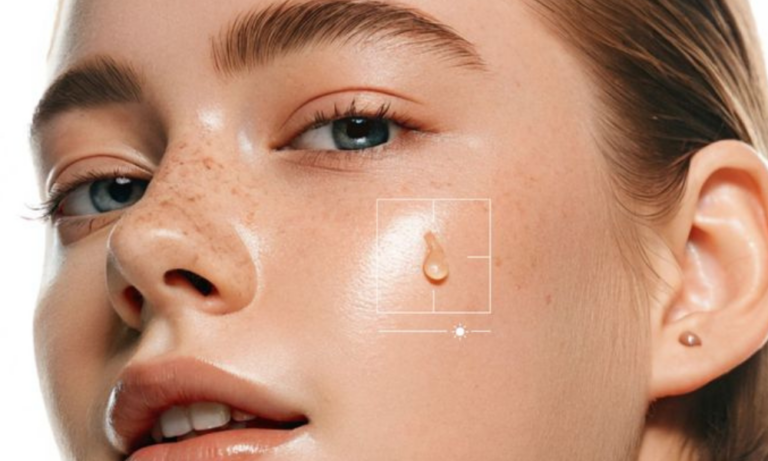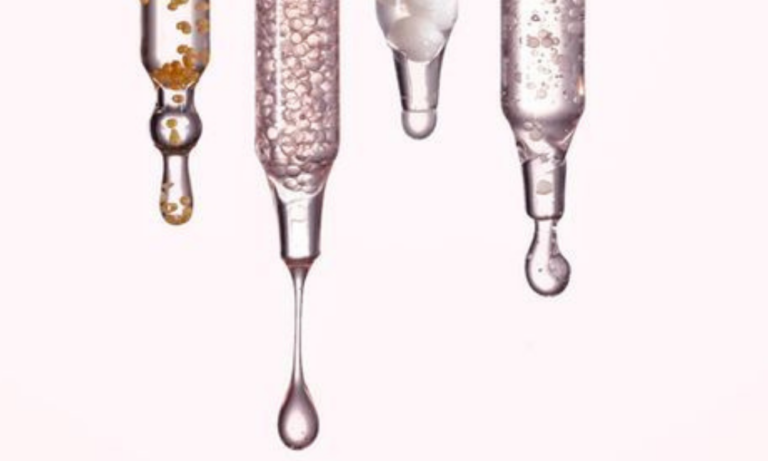In a powerful and defining move, Huda Kattan, the force behind Huda Beauty, has officially bought back the minority stake held by private equity firm TSG Consumer Partners, marking the end of their eight-year partnership. This strategic decision transforms Huda Beauty into one of the very few global beauty powerhouses that is now 100% founder-owned.
While the headlines focus on ownership, the real story lies in what this means for the business—and why it matters in today’s beauty landscape.
A Rarity in the Beauty Business
The modern beauty industry is dominated by conglomerates and institutional investors. From Estée Lauder’s acquisitions to LVMH’s ever-expanding portfolio, founder-led brands rarely retain full control as they scale. Huda Kattan’s reclaiming of her company’s independence places Huda Beauty in an exclusive league—one where founder vision, agility, and long-term brand equity take precedence over quarterly returns.
This move reinforces Huda Beauty’s positioning not just as a best-selling brand, but as a self-sustained beauty movement. It signals to the market that the brand is confident enough in its growth trajectory, product pipeline, and community power to go it alone—without the need for outside capital or compromise.
A Strategic Time to Go Independent
Timing here is critical. The buy-back comes amid a moment of explosive global momentum. According to Cosmetify, Huda Beauty was crowned the world’s most popular beauty brand in Q1 2025—a testament to its viral product launches, magnetic brand storytelling, and a loyal digital-first community.
In business terms, this is a company moving from growth to maturity while still maintaining startup energy. Independence at this stage means more freedom to innovate, quicker decision-making, and the ability to double down on Huda’s signature values: transparency, inclusivity, and authenticity.
Leadership Continuity and Vision
The leadership team remains unchanged—with Huda and her husband Christopher Goncalo continuing as Co-CEOs, and Alya Kattan spearheading global social strategy. This continuity offers operational stability while ensuring that the original DNA of the brand remains intact.
From a governance perspective, this also allows Huda Beauty to chart its own course without the typical pressure from external investors focused on exits, profitability benchmarks, or scaling via acquisition. It frees the brand to take creative risks, pursue long-term R&D, and even redefine what a beauty brand can be in an era increasingly shaped by Gen Z values and community-first platforms.
The Bigger Picture
In a world where most founder stories end in exits, Huda’s decision to return to full ownership is a bold business statement: not every brand wants to be absorbed into a conglomerate. Some, like Huda Beauty, want to shape the rules of the game—not just play within them.
With independence comes both responsibility and opportunity. As the brand enters this next chapter, it stands as a case study in how modern beauty businesses can scale globally while staying personal, disruptive, and fiercely founder-led.
This is more than a buy-back. It’s a business rebirth.
ALSO READ: THE BEAUTY VAULT: THE BEST BEAUTY LAUNCHES OF MAY 2025.
